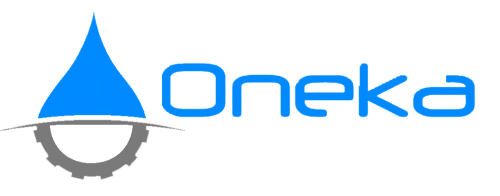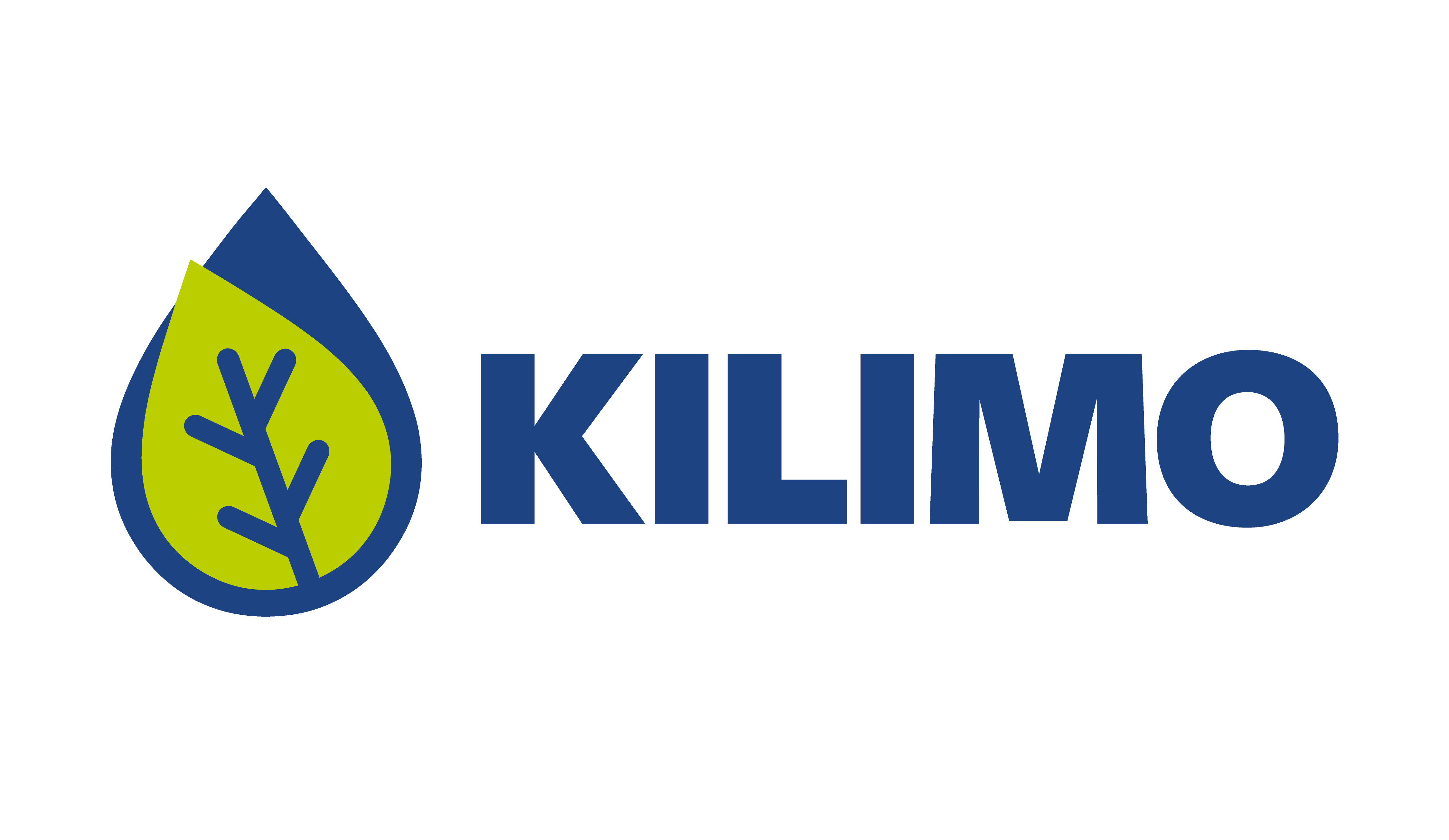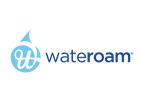According to stats by the IPCC, around 50% of the world’s population faces severe water shortages for some part of the year. Moreover, it’s estimated that by 2030, nearly 700M people could be living in water poverty across the world.
World Water Day, celebrated today, is all about shedding light on the importance of conserving and distributing water across the world. As the world comes together to improve access to this resource, a whole suite of startups have emerged, trying to help solve this global crisis.
Let’s take a look at them…
1. Lishtot
Lishtot has developed technology that is able to detect water contaminants and present the results through a smartphone.
Their technology can instantly identify the presence of pollutants in water, making it safer for drinking.
By making the testing process easy, Lishtot allows people all over the world to ensure their water is clean, contributing to safer water consumption globally.
2. ONEKA

ONEKA harnesses the power of waves to fuel desalination.
By combining sea water with its own wave energy to provide freshwater to global populations, the company not only creates more drinking water but does so in a sustainable way.
As more communities around the world lack access to clean drinking water, ONEKA helps lower water costs and provide a sustainable option for desalination.
3. BlueTap

BlueTap is a water treatment filter that ensures every glass of tap water is clean.
Through creating an affordable and easy-to-install water purification technology, the company is helping provide clean drinking water to communities worldwide.
With contaminated water being a key driver of disease, BlueTap’s work is important in the global fight against unclean drinking water.
4. Epic Cleantec

Epic Cleantec is helping recycle water through its water treatment and reuse system.
Their systems allow the recycling of water within buildings, focusing on on wastewater generated from non-potable applications, wastewater from heat and soil amendments.
Through tech, Epic Cleantec is helping cities reduce their water waste, helping combat global shortages.
More from Startups
- Top Startups In Brighton To Keep An Eye On
- Cigarette Price Increase Drives Demand For Quitting Tools
- Key Advances in eCommerce
- Open Source Intelligence Tech Startups In 2024
- Brain Implants And Startups Tackling Depression At The Source
- Tips From Taylor: What Taylor Swift Can Teach Entrepreneurs About Branding
- Strategies To Help Influencers Increase Their Revenue
- Startups Helping Visually Impaired
5. Uravu Labs

Uravu Labs is helping more people access clean water by extracting water from the air.
Using renewable energy, their technology creates a sustainable source of clean water, independent of rain or groundwater.
This technology has the potential to widen water accessibility worldwide, especially in areas close to contaminated rivers or experiencing droughts.
6. Gybe

Gybe is using technology to track water quality in lakes, rivers and coastal areas. Through their tech, which uses satellite imagery, Gybe is able to provide information about sediment and other factors that impact water quality.
With this information Gybe is able to provide information around clean, drinkable water for everyone as well as tracking (and preventing) pollution over time.
7. Kilimo

Kilimo is a software-based solution for farmers, helping them manage irrigation and reduce water waste.
Using data, Kilimo helps farmers use just the right amount of water on their crops, improving productivity while conserving water.
Their technology helps cut down on over-irrigation, a common problem in agriculture that leads to water wastage.
8. Wateroam

Wateroam provides portable water filters for communities in need across the world.
Their filters make it possible to quickly turn unsafe water into drinking water, and has been deployed in over 44 countries globally.
The company has played a central role in humanitarian aid, helping those in crisis situations, as well as more rural communities who may not be near clean water.



